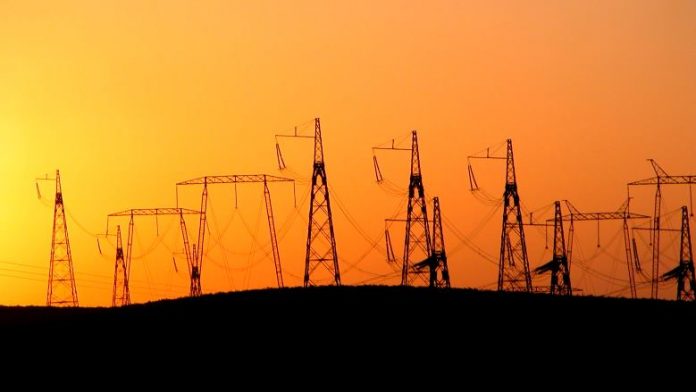The World Bank’s Implementation Support Mission will assess the progress of the Central Asia-South Asia (CASA-1000) electricity Transmission and Trading Project from October 28 to November 1, 2024, to Islamabad and Lahore.
According to the Economic Affairs Division, the mission, led by Senior Energy Specialist and Task Team Leader Dmytro Glazkov, will work with the National Transmission and Despatch Company (NTDC) and the CASA team to address pending issues. Country Coordinator for CASA-1000, Ghulam Murtaza Uqaili, Senior Social Development Specialist Babar Naseem Khan, and other team members will accompany the mission, which will also meet with project contractors.
The $1.2 billion CASA-1000 project aims to facilitate energy interconnectivity between the Kyrgyz Republic, Tajikistan, Afghanistan, and Pakistan. While work was delayed due to the suspension of funding by the World Bank following the Taliban’s takeover in Afghanistan, $300 million in funding was later approved by the World Bank to proceed with the project without Taliban control.
Construction work in Pakistan, Kyrgyzstan, and Tajikistan is reportedly nearing completion.
Electricity flow from Central Asia to Pakistan is scheduled from May to September each year, with the transmission lines offering bi-directional capability, allowing Pakistan to export surplus electricity to Central Asian Republics (CARs) in winter, pending commercial agreements.
The project is expected to support renewable energy capacity in Pakistan’s energy mix and reduce electricity costs.
Sources revealed that energy payments will be based on units delivered, with a tariff structure inclusive of generation and transmission costs. The project comprises 10 contracts, five of which involve Indian firms, awarded through international bidding. Payments are made directly by funding agencies after verification by project consultants.
In December 2023, at a meeting in Dubai, ministers from three CASA-1000 countries urged the World Bank to re-engage in Afghanistan, warning that completed assets in other nations would be stranded otherwise.
During a Joint Working Group meeting in Istanbul in March 2024, the World Bank confirmed that its Executive Board had endorsed a new $300 million funding approach outside the control of Taliban-run Da Afghanistan Breshna Sherkat (DABS).




